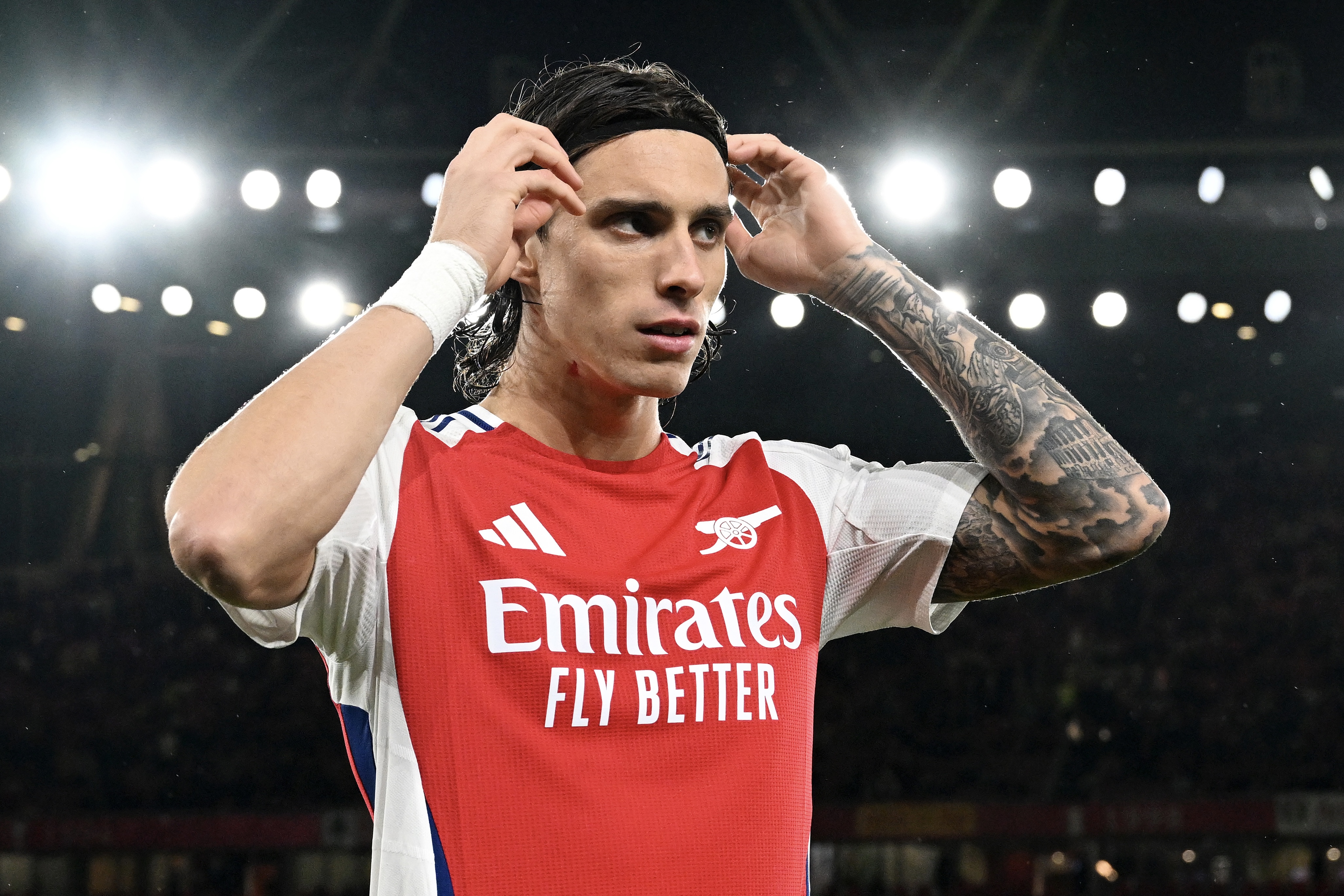Football is facing a major financial crisis – and we believe it’s time for the FA and the Premier League to step up and protect our most vulnerable clubs before it's too late.
Last week, the UK government announced it would be indefinitely pausing plans for fans to return to stadiums as a result of the country’s sharply rising COVID-19 case rate. Meanwhile, shopping centres, gyms, restaurants, golf clubs and even pubs will remain open – albeit with a curfew time of 10pm.
This means that while EFL clubs can’t welcome fans back to open air stadiums and build themselves a liferaft towards economic survival, the Premier League is quickly rearranging fixture times so that fans of big teams can squeeze into pubs and watch the full 90 minutes before curfew hits.
It doesn’t make sense – and as we see so often, it’s the most vulnerable who suffer from such fuzzy decision making.
"It’s expected that fans not returning to stadiums will see EFL clubs lose as much as £250 million this season."
It’s expected that fans not returning to stadiums will see EFL clubs lose as much as £250 million this season, with many being pushed to the brink of extinction as a result of revenue collapse. Meanwhile – in the National League – which has a mix of professional and semi-professional clubs, they’re refusing to start the season until fans return...they know it’s a kamikaze mission.
In the lower leagues, clubs don’t have the benefits of global broadcast deals worth billions of pounds to keep them afloat. They don’t have an international fanbase to monetise. They don’t have “official partnerships” with companies all across the world. They don’t have their shirts sold on every UK high street.
In a time of crisis, you look to those with the biggest shoulders to carry the heaviest burden. In English football, we look to the Premier League and the FA.

You only need to look at the latest England squad to see how fundamental the lower leagues are to developing elite talent. 15 members of Gareth Southgate’s squad from earlier this month have played for teams currently outside the Premier League, including some in League Two and below.
We’re talking names like: Harry Kane, Tammy Abraham, Conor Coady, Michael Keane, Joe Gomez, Harry Maguire, Dean Henderson, Tyrone Mings, Mason Mount, Danny Ings, Mason Mount, Kalvin Phillips, Jordan Pickford, Kieran Trippier, Nick Pope, Kyle Walker.
All of these ballers have been developed further down the pyramid. Premier League clubs have proven to be largely impotent at developing talent inside its own walls. The Football League does that for them – largely at its own expense, too, with the exploitative approach Premier League teams take to the loan market meaning that the big teams are stockpiling the brightest young talents for their own means, and reducing the talent pool for Football League clubs to develop and sell to Premier League teams for high fees.
And from a pure community aspect, lower league football teams are the heartbeat of countless towns and cities up and down the UK. Clubs like Tranmere Rovers FC and Darlington FC supported vulnerable fans through lockdown, while Stockport County FC raised £75K for the NHS.
We can’t lose the important social impact these clubs have beyond the pitch.
We know the entire game is hurting right now and asking any club – no matter how big – to make a sacrifice is difficult. But, it's estimated that PL clubs have spent more than £1 billion in transfer fees so far this summer, with that number sure to rise in the next week when Pep goes on another defensive splurge, and United try to plug all the gaps in their squad on deadline day.
£65 million on Ruben Dias doesn't feel quite as right when 30 minutes down the motorway, Stockport County are quite literally counting down the minutes until they receive a winding up order in the mail.
The Premier League needs to do the right thing and support the foundation of the game. It’s now or never.


.svg)









.jpg)







.jpg)



















%202.jpg)


%20copy-2.jpg)






%202.jpg)





































.jpg)

.jpg)



.png)


.jpg)

.jpg)
.jpg)

.jpg)













%20(2).jpg)























































































